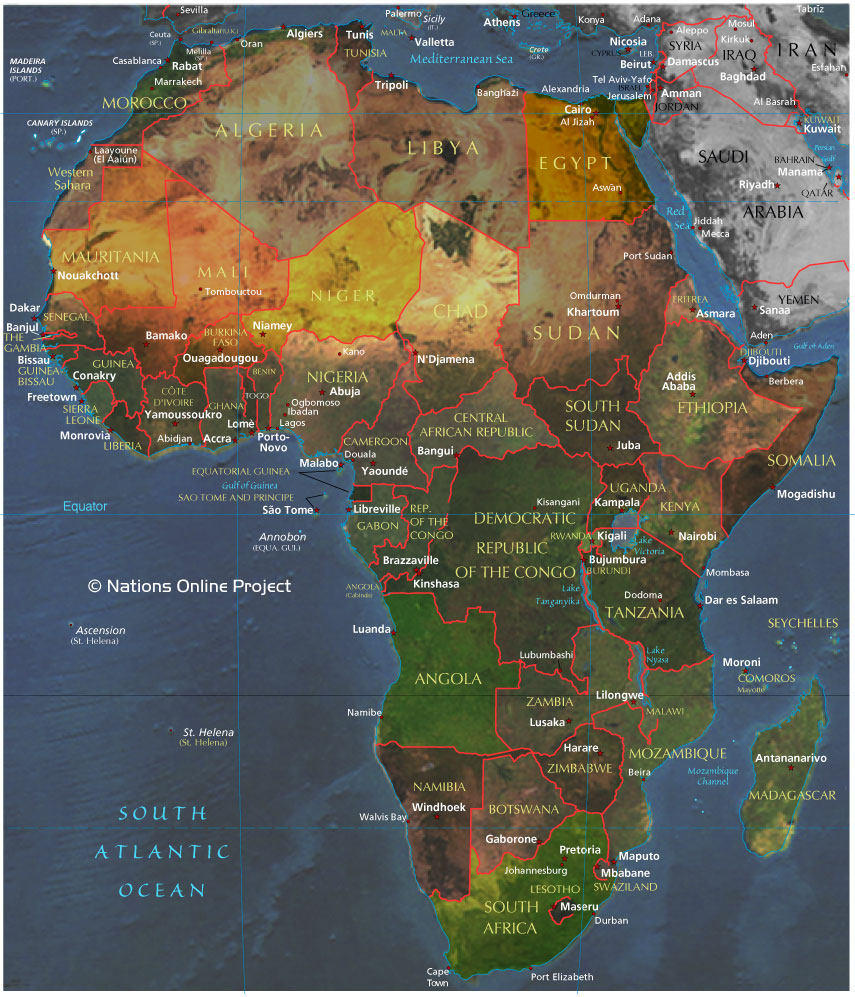SEEDS had a table at Christie Pits on May 24,2014 which was the final destination of “The March Against Monsanto”.
It was a huge success for a great cause put on by www.TorontoNonGMOCoalition. org. which is made up of many organizations, of which SEEDS is now included.
The Toronto Non-GMO Coalition is a group of organizations from the Toronto area who are working together to increase awareness and effect positive change around GMO issues (see below). Their efforts are focused on providing information to the public on the health and safety issues surrounding genetically modified food and organizing events to bring attention to the concerns.
The groups have different concentrations, but share the same larger vision of a Canada without genetically modified food.
Thanks for keeping me in the loop The Toronto Seed Library!
Here is an article from David Suzuki’s newsletter explaining GMO’s
GMO’s — or genetically modified organisms — refer to the plants or animals created through the gene splicing techniques of biotechnology. In conversation, GMO’s and GE foods refer to the same thing. They are foods created by merging DNA from different species.
The first GMO crop (the Flavr Savr tomato) was approved by the FDA in 1994. Since then, GE varieties of corn, soya, sugar beets and canola have become common local crops in Canada. In addition to locally produced crops, GE varieties of cottonseed oil, papaya, squash and milk products are imported from the USA into Canada. In a mere 20 years, GMO ingredients have made their way into most of the processed foods available on Canadian grocery shelves. Apples, potatoes and wheat are all in the lineup for approval.
GMO crops, when first introduced, were touted as the answer to world hunger. The argument was that by developing pesticide and herbicide resistant crops, farmer’s would be able to increase their yields and decrease their costs. This has not proven to be the case. Instead, bugs and weeds have become increasingly resistant to the widespread applications of these chemicals, leading to increased use of both. More spraying means more costs for the farmers, more damage to the environment and more health concerns.
Sign up for Queen of Green tips by email
On the flips side, it means more product purchased from the seed producer. The companies that develop and patent GMO seeds are the same companies that develop and patent the pesticides and herbicides to which the unique seeds are resistant. Monsanto is the largest seed company in the world and owns about 86% of GMO seeds sown globally. It is also the parent of Roundup.
The safety of GMO foods is unproven and a growing body of research connects these foods with health concerns and environmental damage. For this reason, most developed nations have policies requiring mandatory labeling of GMO foods at the very least, and some have issued bans on GMO food production and imports.
In Canada we do not.
Canadians are often unaware that the foods they choose contains GMO ingredients. It is this basic right to choice that is behind the growing movement to have GMO foods labeled. While environmental and food advocates lobby for labeling, other groups, like The Non-GMO Project, have created voluntary non-GMO certification to facilitate consumer information.


